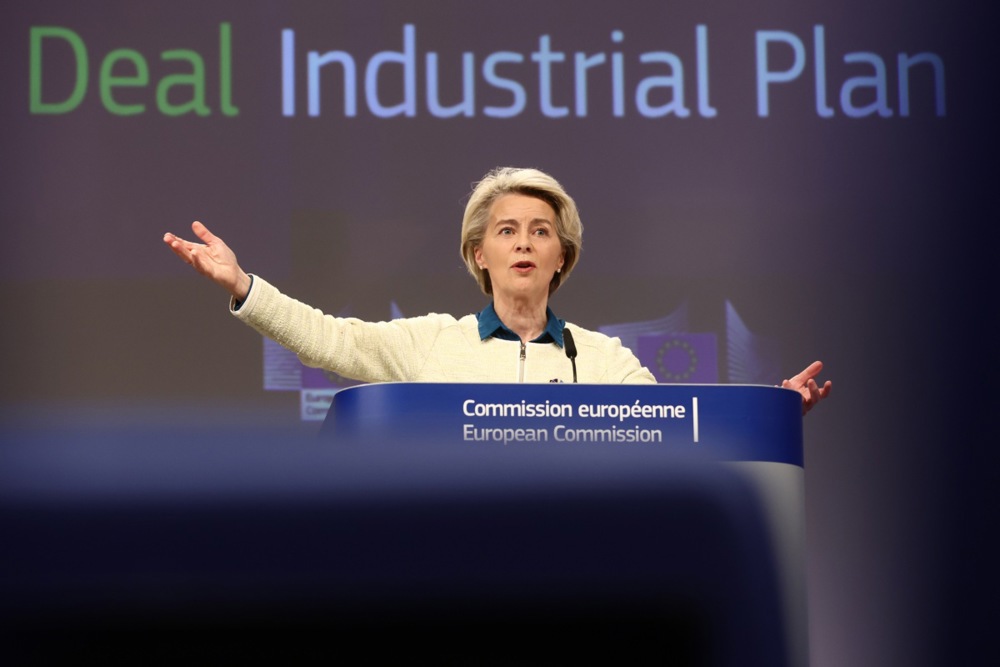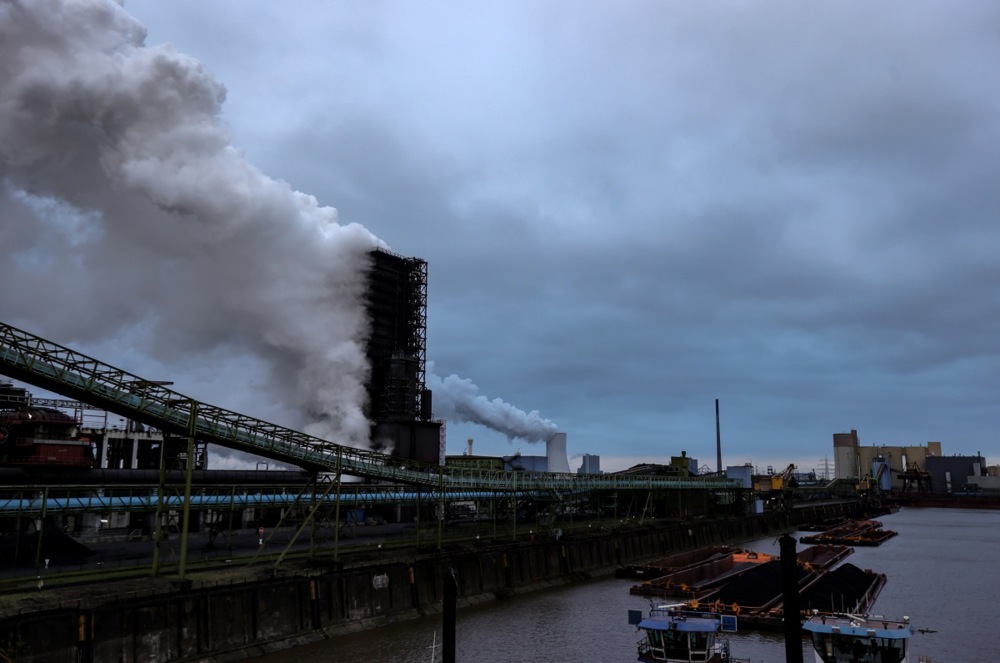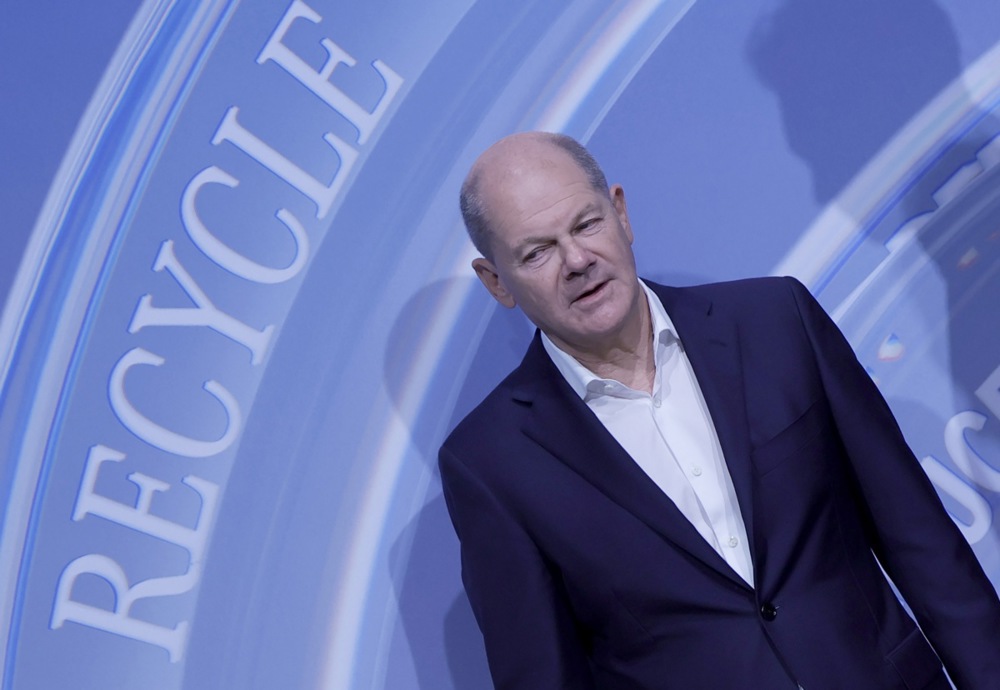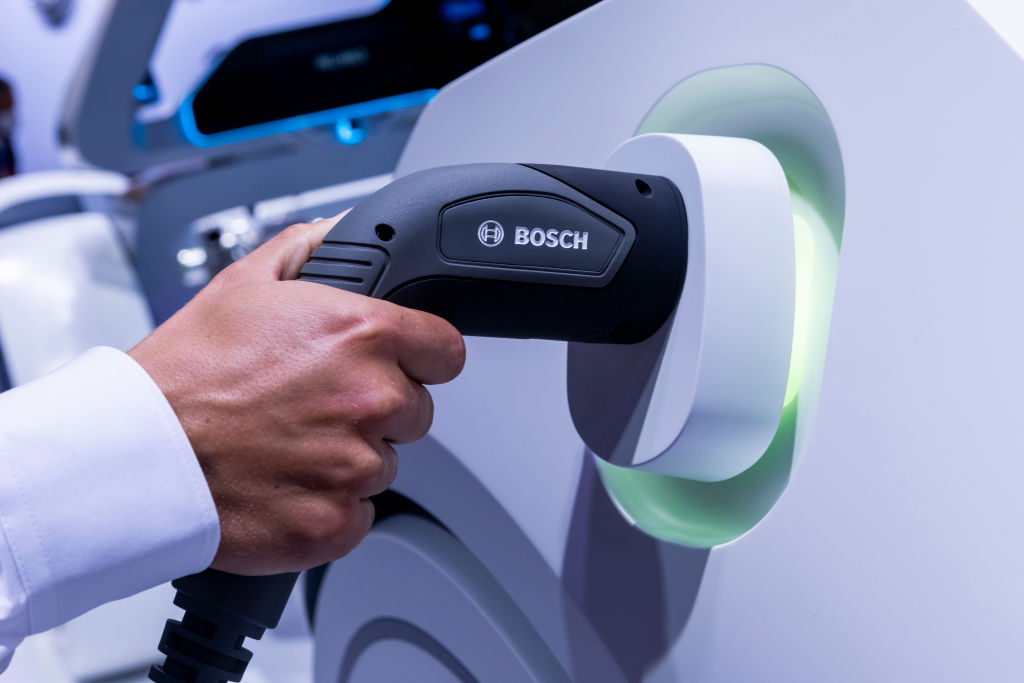Friederich Merz, the leader of the Christian Democrats in Germany’s coming elections, said industry was more important than climate protection.
At a January 13 CDU works council conference in Bochum, Merz announced a new direction for his party, which has led in polls.
According to Merz, his party should support phasing out coal and gas power generation only if it did not jeopardise German industry.
Merz called the traffic light government’s decision to decommission the last three German nuclear power plants in the middle of the energy crisis a “serious strategic mistake.”
He said similar decisions would not happen when he was in charge.
“Under my leadership, we won’t step out anywhere without first deciding where we’ll step back in,” Merz said.
Merz warned about the consequences of the nuclear phase-out planned by Germany’s current government.
“A shutdown of electricity generation via coal and gas without replacement capacities would massively endanger Germany as a business location,” he said.
Merz said he was committed to the long-term phase-out of fossil fuels, but not at the expense of industry.
The Christian Democrat was careful in his comments around nuclear energy, indicating it was an option, but not for the next legislature.
About the most recently closed-down plants, Merz said he held out little hope of reactivating them.
“They have long since been dismantled and decontaminated. There is probably nothing more to be done,” Merz said, describing the decommission as a “serious strategic mistake”.
Merz also described the controversial heating law as “irreversible”.
Germany closed functioning and trouble-free nuclear power plants, while at the same time expanding wind and solar plants without the infrastructure to support them in place.
Merz said this policy was the product of “sheer ideology” and “absurd”.
It was no coincidence that Merz went to Bochum, a town where Germany’s troubled industrial engineering giant ThyssenKrupp had a large plant where many employees feared for their jobs.
The CDU, currently led in the polls, was preparing to announce out new economic policies to guide Germany in a new direction.
But Merz might lack some credibility with workers, given his past well-paying work in corporate finance companies such as BlackRock.
Lacking credentials as a labour leader, Merz has had to work especially hard to convince working-class people of his policies.
For this, he took aim at the Greens’ “ideological stubbornness” in energy policy.
“I don’t want the Ruhr area to become a big industrial museum,” he said.
Merz said he wanted tax relief, but also better access to accumulating assets that would remain in Germany.
“It can’t be that tens of thousands of employees in this country drive to work every morning and work for the profits for the Dax group – but the dividends flow largely to shareholders abroad.”
He also said “without a strong Europe, we will not be successful. Neither in industry nor in defence.”
Merz further stated he was unwilling to work with the Alternative for Germany Party, AfD.
“Ms Weidel’s speech at the AfD party conference sent shivers down my spine,” he said.
German federal elections were scheduled for February 23, 2025.
According to the latest polls, the CDU was leading with around 30 per cent support. AfD was in second place with approximately 20 per cent.
In third and fourth place came the Socialists with 15 per cent and the Greens with 13 per cent.
The BSW was polling around 5 per cent, while other parties were polling below the 5 per cent threshold required to enter the Bundestag.





